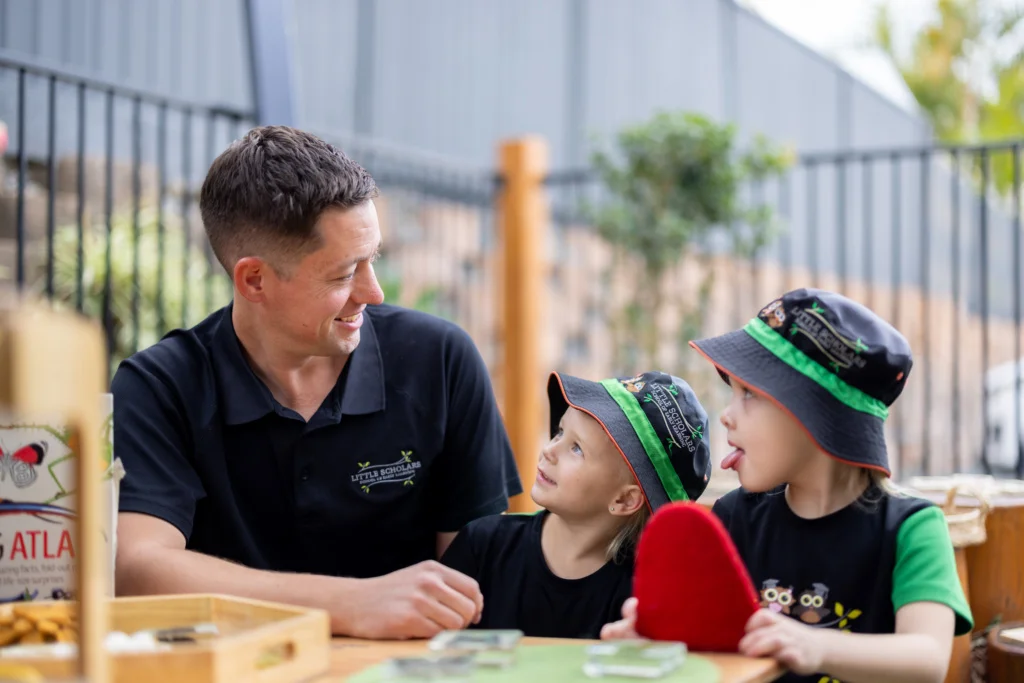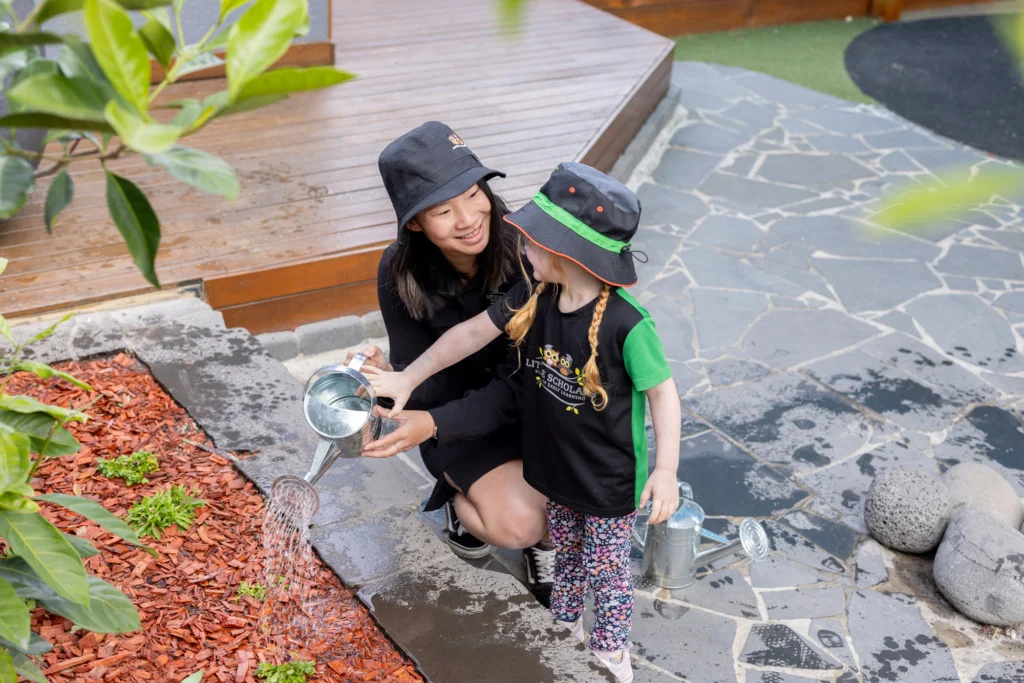No matter your age, communication is an important skill. For pre-schoolers though, their ability to communicate and listen to instructions is a steep learning curve in their development. At times, it can be frustrating if an adult can’t understand what the child is saying or the child can’t use words to share what they mean. Learning effective communication is a crucial part of child development. During the preschool years, a child will have enough vocabulary to engage in simple conversations as well as share how they feel. To encourage positive communication with children, here are some powerful tips.

A preschool child will either share in detail what they know when re-sharing a story or they may only give basic information about the event. To keep the lines of communication open between a child and adult, rather than listen to respond, listen to understand. Your child wants to know you understand them, no matter how significant or insignificant the event may seem to you. It’s important that children feel free to speak as this can build their confidence and esteem when communicating. This can also be foundational to future conversations as the child gets older.

To help children feel more comfortable when communicating with you, bend so that you are at their eye level. This proactively shows you are listening to what they are saying and are paying attention. It also builds the connection between adults and children.
There will be times when challenging behaviour by the child will need to be addressed but it is important to deliver negative feedback in a way that leaves the child with a positive outlook. This is important for a child to experience as it prepares them for how they manage negative conversations in the future. Bending and speaking calmly to a child about their behaviour can help the child feel less intimidated so they can comprehend what is being said to them. Giving them some gentle guidance about how they could make a better choice next time helps them to feel positive about the interaction.
Communication is developed through expressing how one feels. When a child opens up about how they feel, they want to be acknowledged. Don’t dismiss what they share by saying ‘stop crying’, or ‘you’re being silly’. These can make the child feel invalidated and is a surefire way for them to conceal how they feel in the future. Crying is a human emotion and to a child, whatever they’re upset about is important to them. We want children to feel comfortable sharing their feelings and emotions. ‘It seems like you’re feeling really _____, that must feel hard.’
You could also show you’re curious about their emotions, which may open up the communication with your child. “You seem mad, I wonder why you’re feeling mad at mummy?’
Keep the lines of communication open by offering empathy. Respond with something like, ‘I want you to know you can share anything with me, I will love you no matter what. I’m here for you.’ This will help them share how they feel with no fear of judgement so they don’t feel unheard or misunderstood.
Children can say and do things that can provoke an emotional response from you. Positive communication with children relies a lot on how you control your emotions. Refrain from saying words that you may regret later. Control strong outbursts and try to remain calm – especially when bad behaviour occurs. Counting to 10 before responding to a child can be a great way to help diffuse emotions, before speaking them out.
When talking to children, be clear with instructions and confident when delivering them. If a child can sense a lack of confidence in the way you speak to them, they will often do the opposite of what has been asked. The delivery of communication is important for mutual respect to occur.
The best way for your child to understand positive communication skills is to practice them! Whether it’s talking about a book you’re reading together, or role playing as you play together, there are lots of subtle activities to help your child improve his or her communications in a positive way.
The way you speak to children not only reflects your character, but also leads by example. Children will imitate the behaviour they see. Be assertive when communicating, so your child can learn to be assertive when communicating with others.
At Little Scholars, we pride ourselves on maintaining respectful and positive communication with children at all times. Discover how we can help your little one express their full potential. Contact Us.
At Little Scholars School of Early Learning, we’re dedicated to shaping bright futures and instilling a lifelong passion for learning. With our strategically located childcare centres in Brisbane and the Gold Coast, we provide tailored educational experiences designed to foster your child’s holistic development.
Let us hold your hand and help looking for a child care centre. Leave your details with us and we’ll be in contact to arrange a time for a ‘Campus Tour’ and we will answer any questions you might have!
"*" indicates required fields